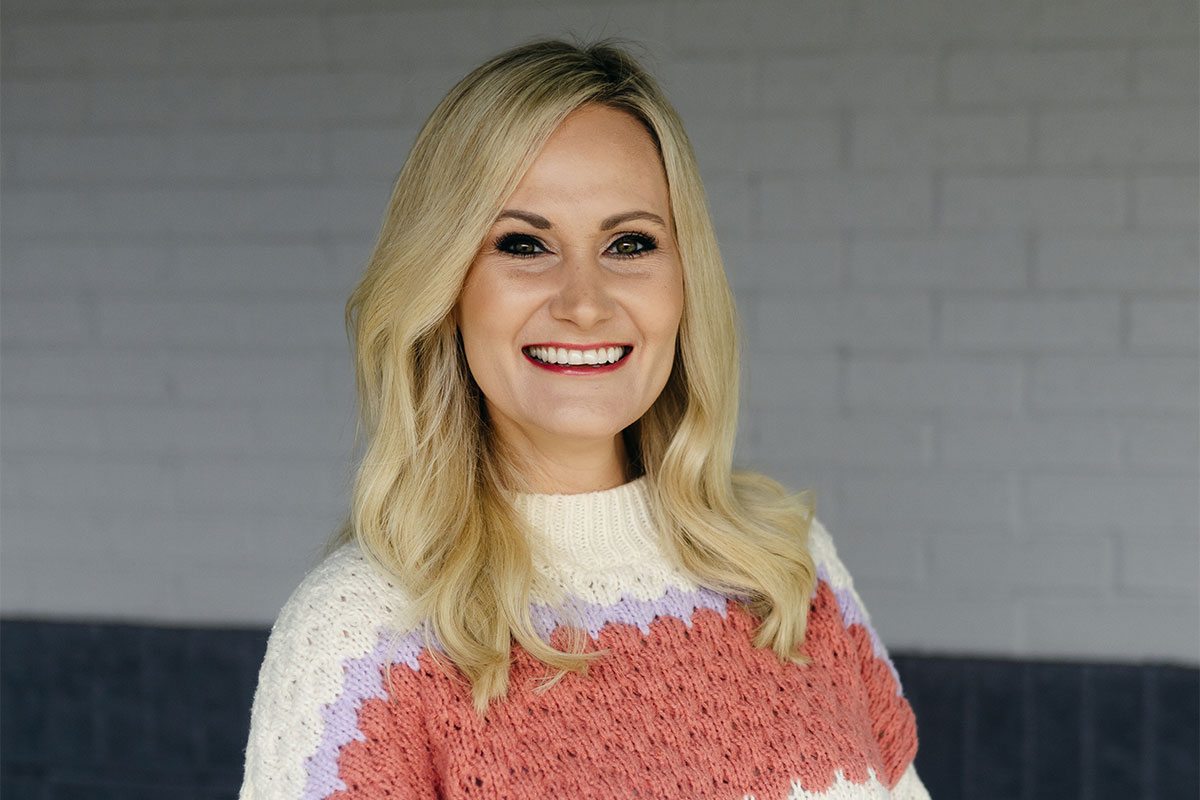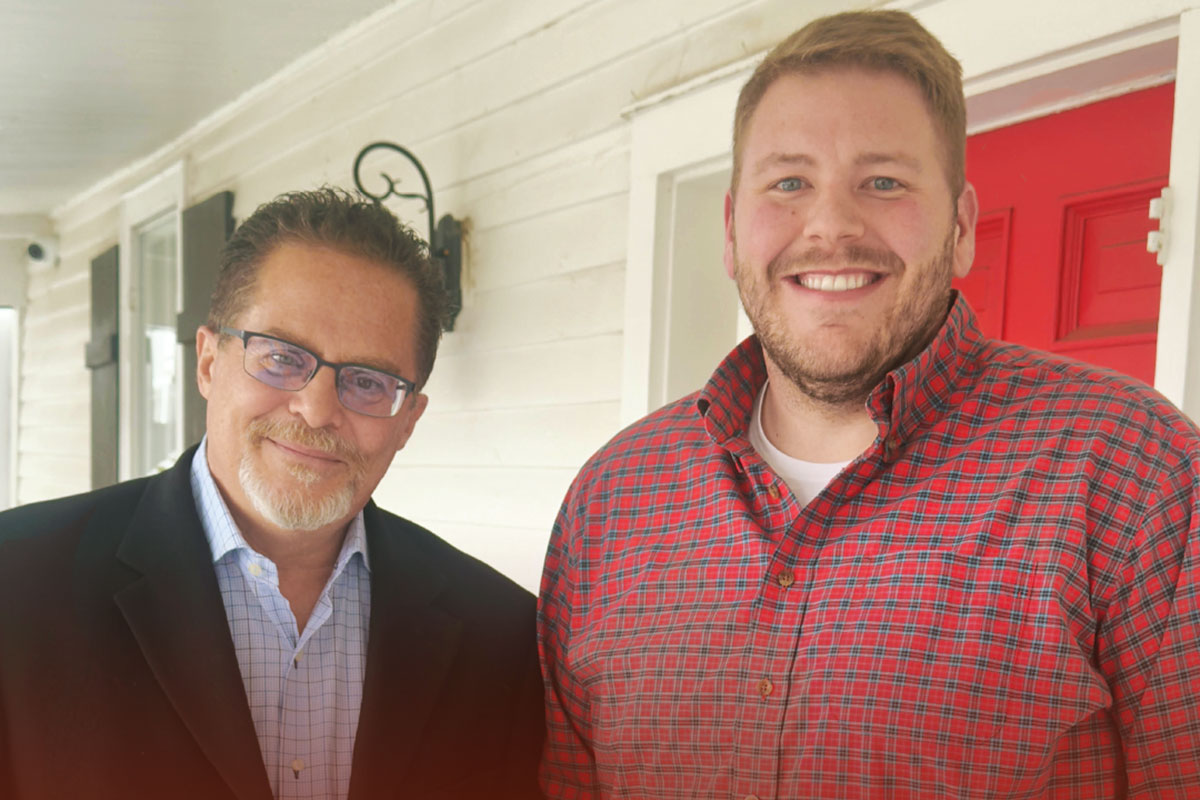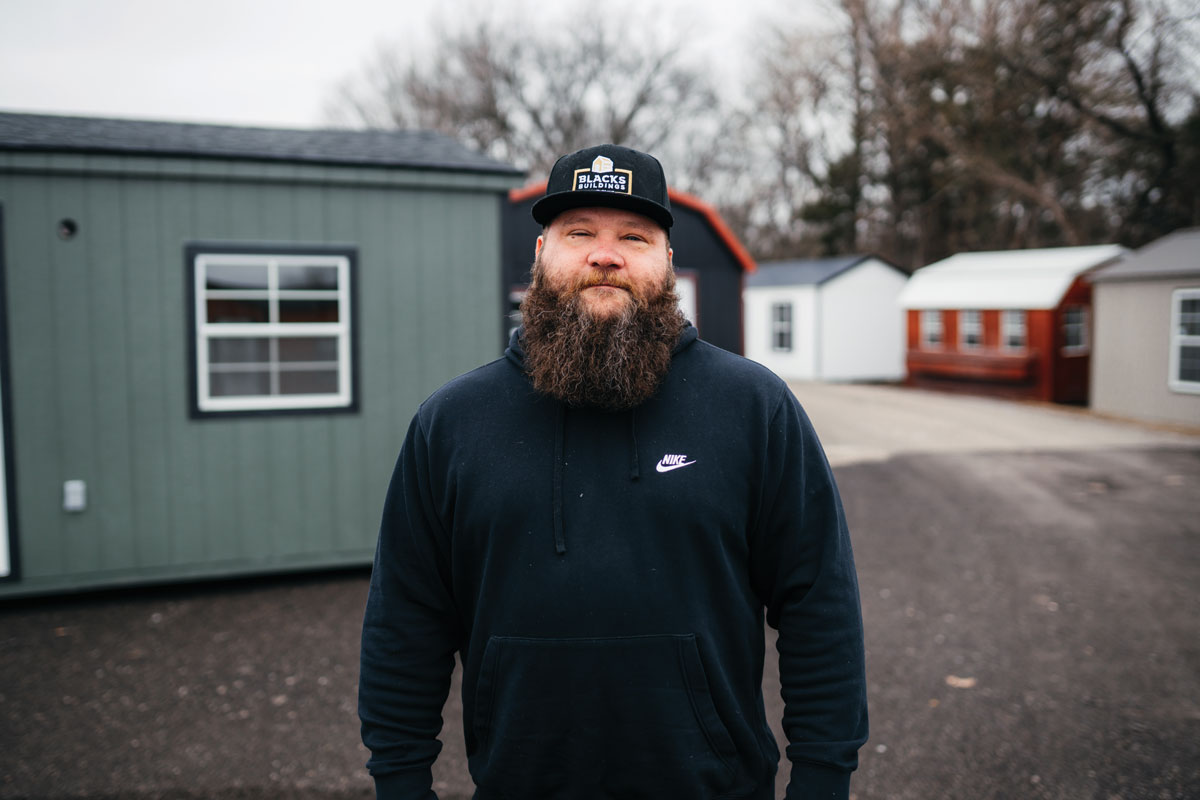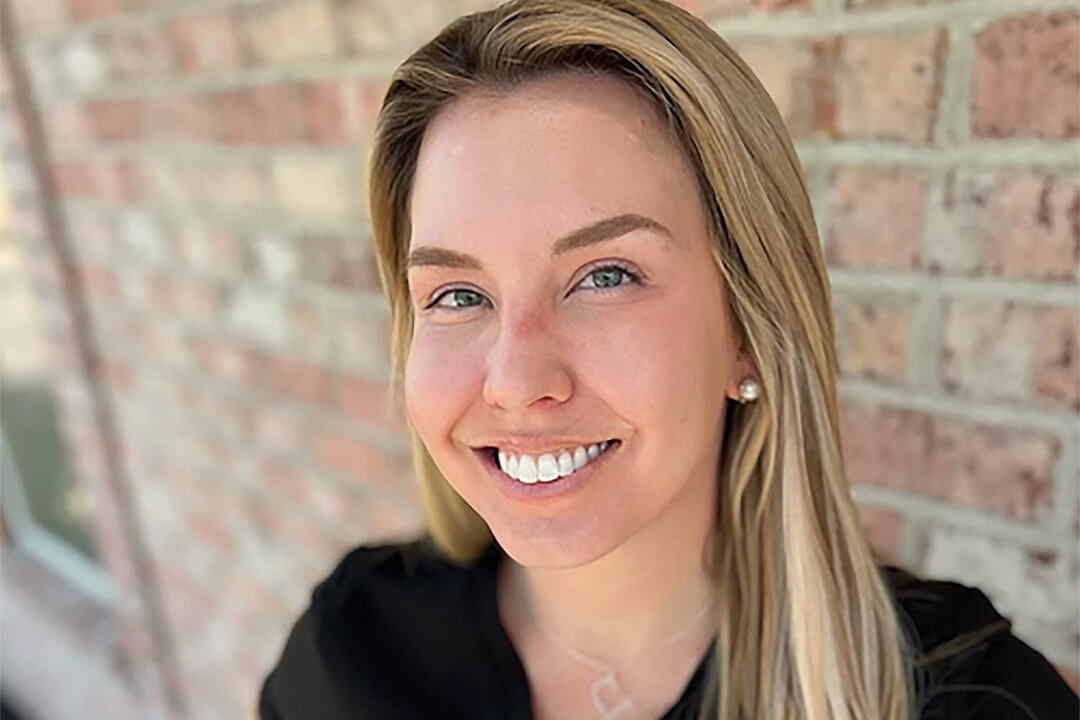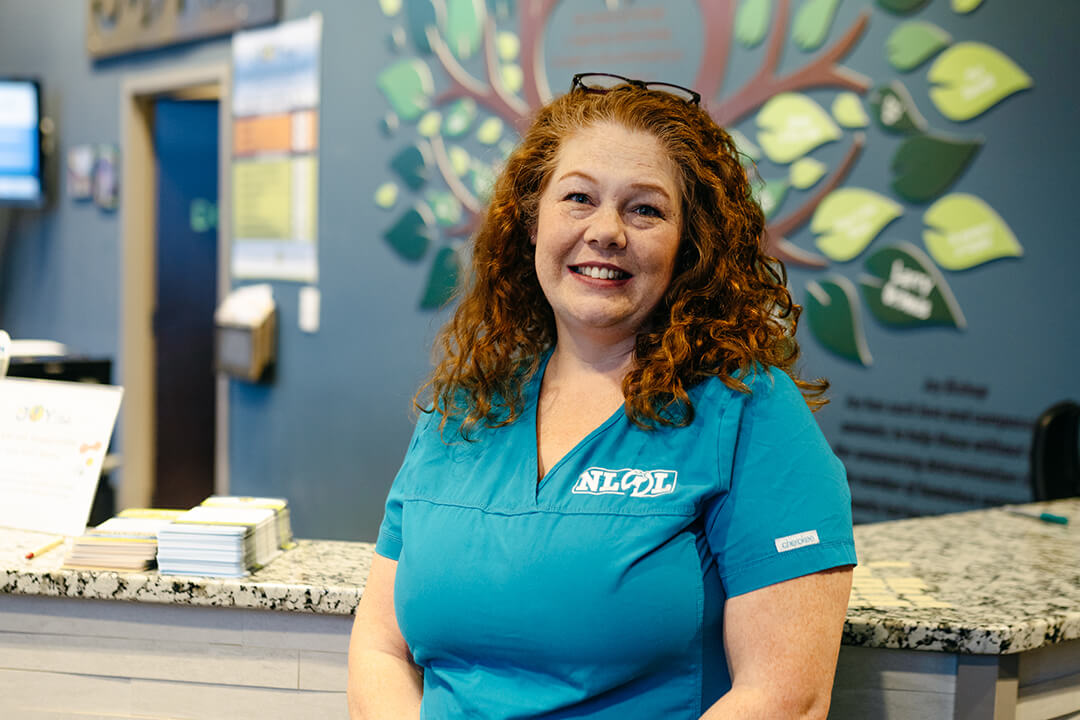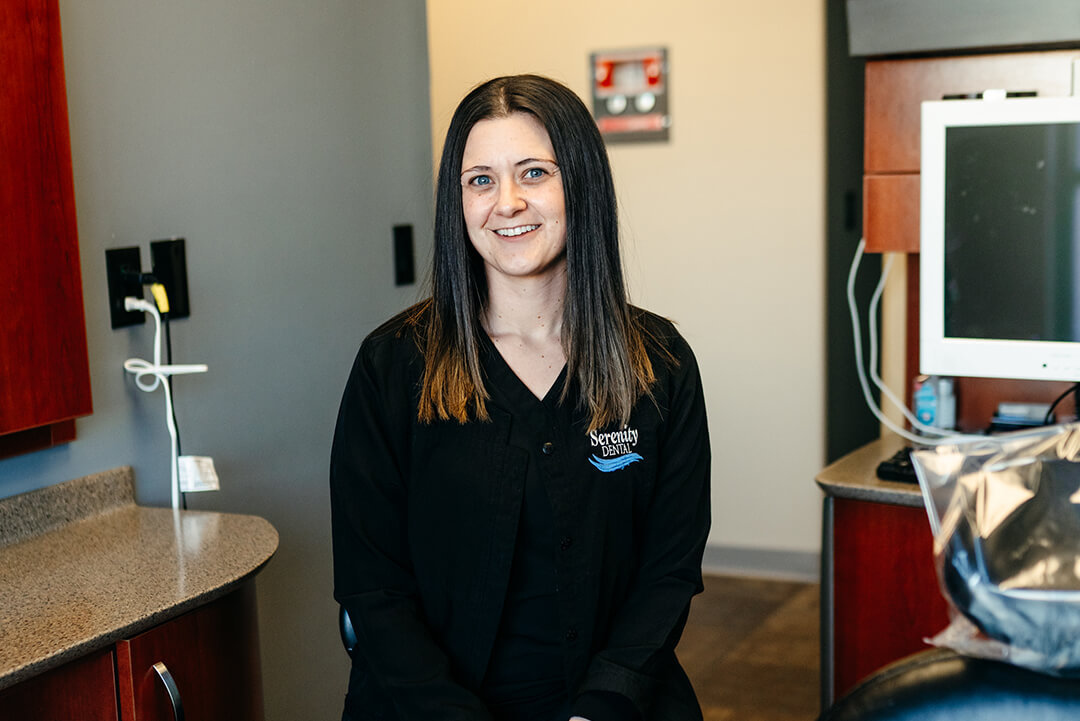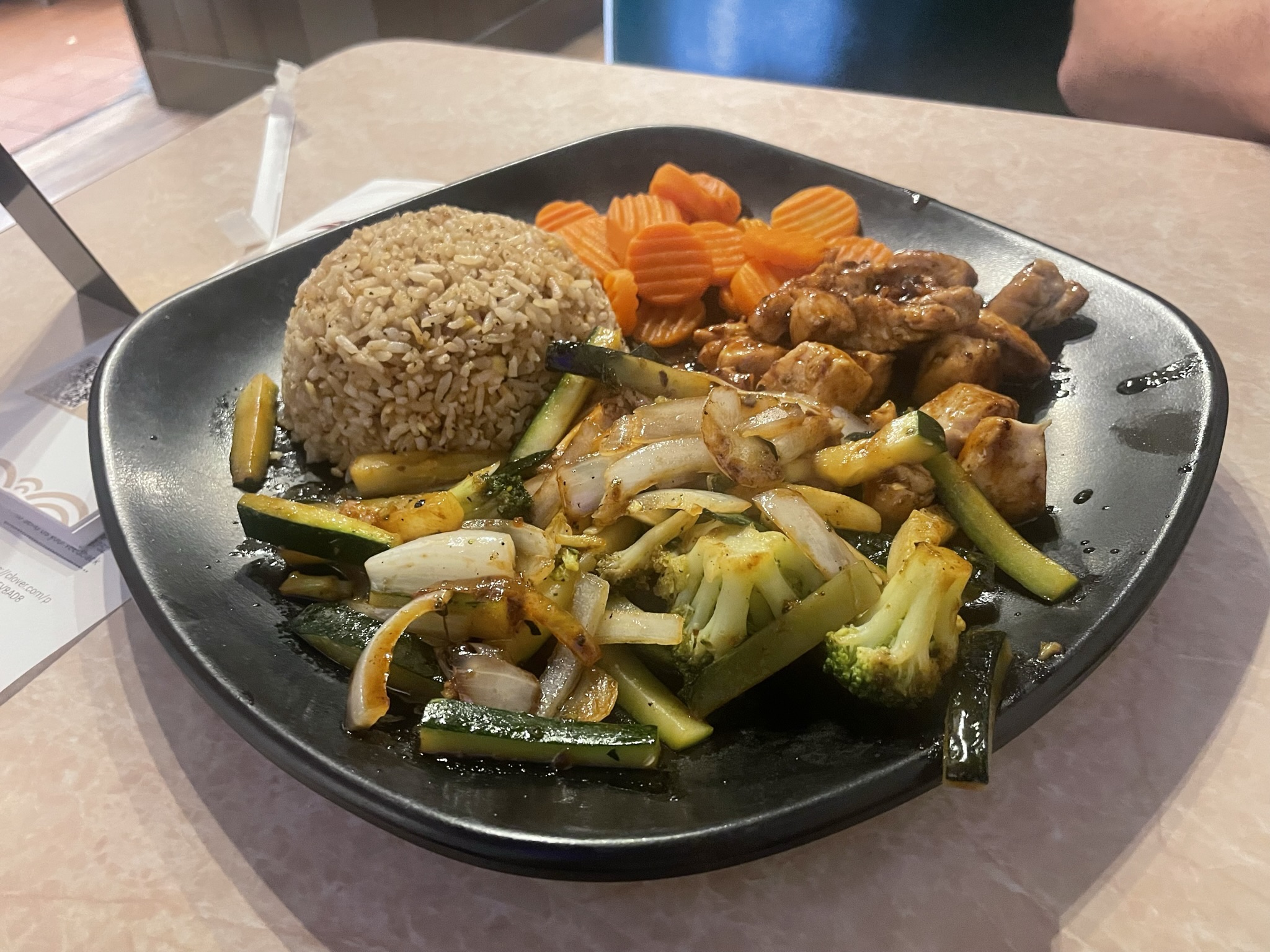SITTING ON his great-grandfather’s land, George McDonald surveyed the fields he’s tended since he graduated high school in 1978. The roots of his farming legacy run deep, stretching back to 1927 when his great-grandfather purchased the original 257 acres of what would grow into Catesa Farms.
“I knew I wanted to be a farmer when I was in first grade,” McDonald recalled with a smile. “I told my teacher without a doubt, ‘I’m going to be a farmer.’”
Now, after nearly five decades of hard work, innovation, and family tradition, McDonald has been named Tennessee’s Farmer of the Year for the second time — a recognition he humbly attributes to the dedicated team around him.
“This award is not about me,” he insisted. “It’s about Catesa Farms and Tennessee’s farmers. We work together as a family business.”
The roots of Catesa Farms run deep, both literally and figuratively. McDonald grew up on the very farm he now runs, in a house shared with not only his parents but his grandparents as well.

“It was unique living in a house that had three generations under one roof. My great-grandfather lived with us, too, in the same old house built in the 1700s,” McDonald said. “It had a huge impact on me and my philosophy of life.”
For McDonald, family is at the heart of everything. His daughter, Sarah, is the fifth generation to work the farm. With a degree in agricultural economics and a master’s in elementary education, Sarah returned to the farm eight years ago to carry on the family tradition.
“She’s a unique kid,” McDonald explained. “She’s got two kids of her own now, and my grandson, well, he loves anything with a tractor. Maybe he’ll be the sixth generation.”
The McDonald family’s operation has grown far beyond its original 257 acres. Today, they farm across six counties, growing a variety of crops, including corn, soybeans, wheat, milo, and their most celebrated produce — strawberries and watermelons.
“We’re known for our strawberries,” McDonald said proudly. “They stay in the Middle Tennessee area, and we’ve partnered with high-end markets in Nashville and youth organizations for fundraising efforts.”
But it’s not just the crops that set Catesa Farms apart; it’s the people behind it.

“This is not an award for me,” McDonald said humbly when asked about being named Tennessee’s Farmer of the Year. “It’s an award for our team here at Catesa Farms. We don’t have anyone working for us — we all work together.”
He gestured to the pictures on his desk, filled with smiling faces of family and workers alike.
“My mother is 84, and she spends more time in this office than anyone. We’re a tight-knit group.”
McDonald’s passion for agriculture extends beyond his own farm. He’s a vocal advocate for farming across Tennessee, using his platform to educate others about the importance of agriculture in today’s world.
“We’re losing about 10 acres of farmland per hour in Tennessee to rural development,” he explained, his tone more serious. “And I don’t know about you, but I don’t want to be dependent on other countries for our food. If you control the food, you control the people.”
It’s this commitment to advocacy that keeps McDonald engaged despite the demands of running a large operation. He makes time to speak at civic groups and hosts school visits to introduce young people to the realities of farming.

“I don’t have time — I make time.” he shared. “Because we have to be advocating for what we do.”
McDonald’s generosity extends to his community as well. Catesa Farms regularly hosts events like the River City Ball, which raises $20,000 to $40,000 annually for local causes.
“I’m a firm believer in giving back,” McDonald said. “If we cannot give back to these communities that have given us so much, we’re not worth much.”
As he reflects on the future, McDonald is confident in the hands that will carry on his legacy.
“My daughter, Sarah, and Kyle, who works with us, are part of the transition for moving our farm forward. I always tell people, ‘Kyle doesn’t have my blood rushing through his veins, but he’s got my heart in his chest,’” McDonald said with a smile.
Whether it’s through their strawberries in Nashville markets, corn in Chattanooga whiskey, or the community events that Catesa Farms hosts, George McDonald’s impact reaches far beyond the fields he tends.
As McDonald himself said, “We cannot grow if I have to have my finger on everything. This farm is much larger than me.” GN








